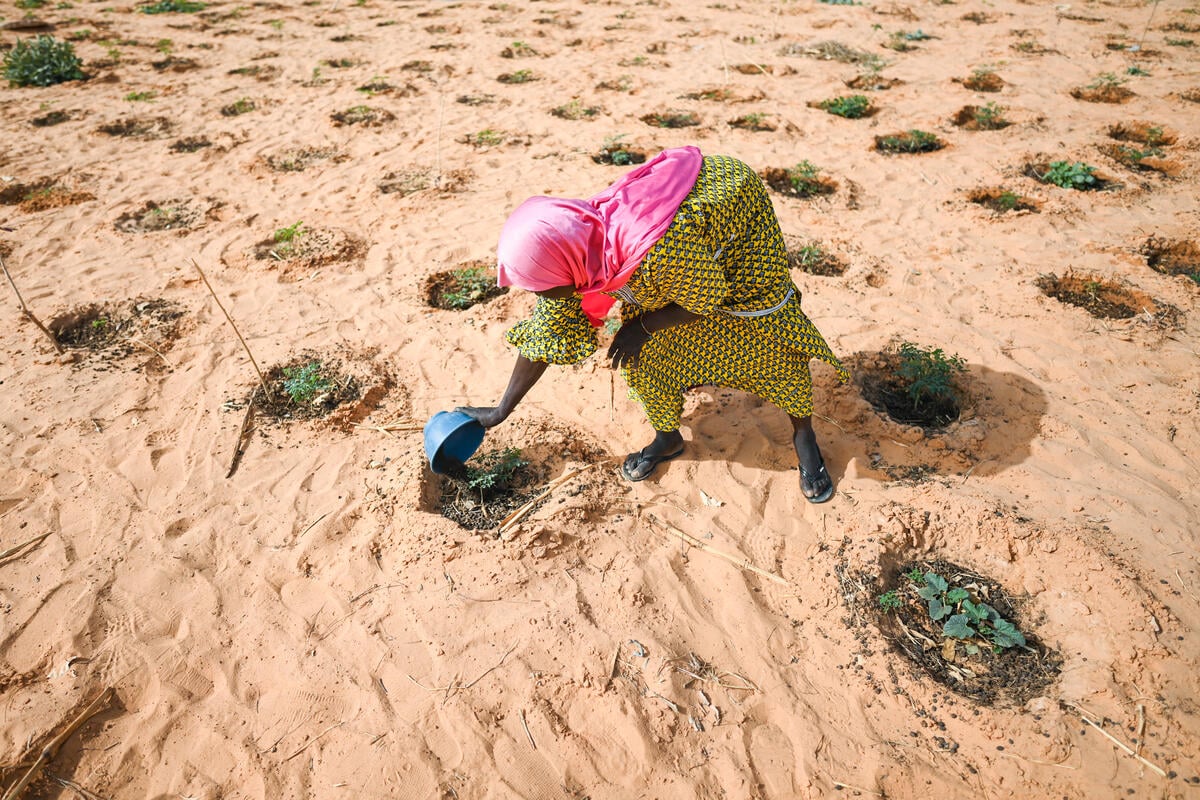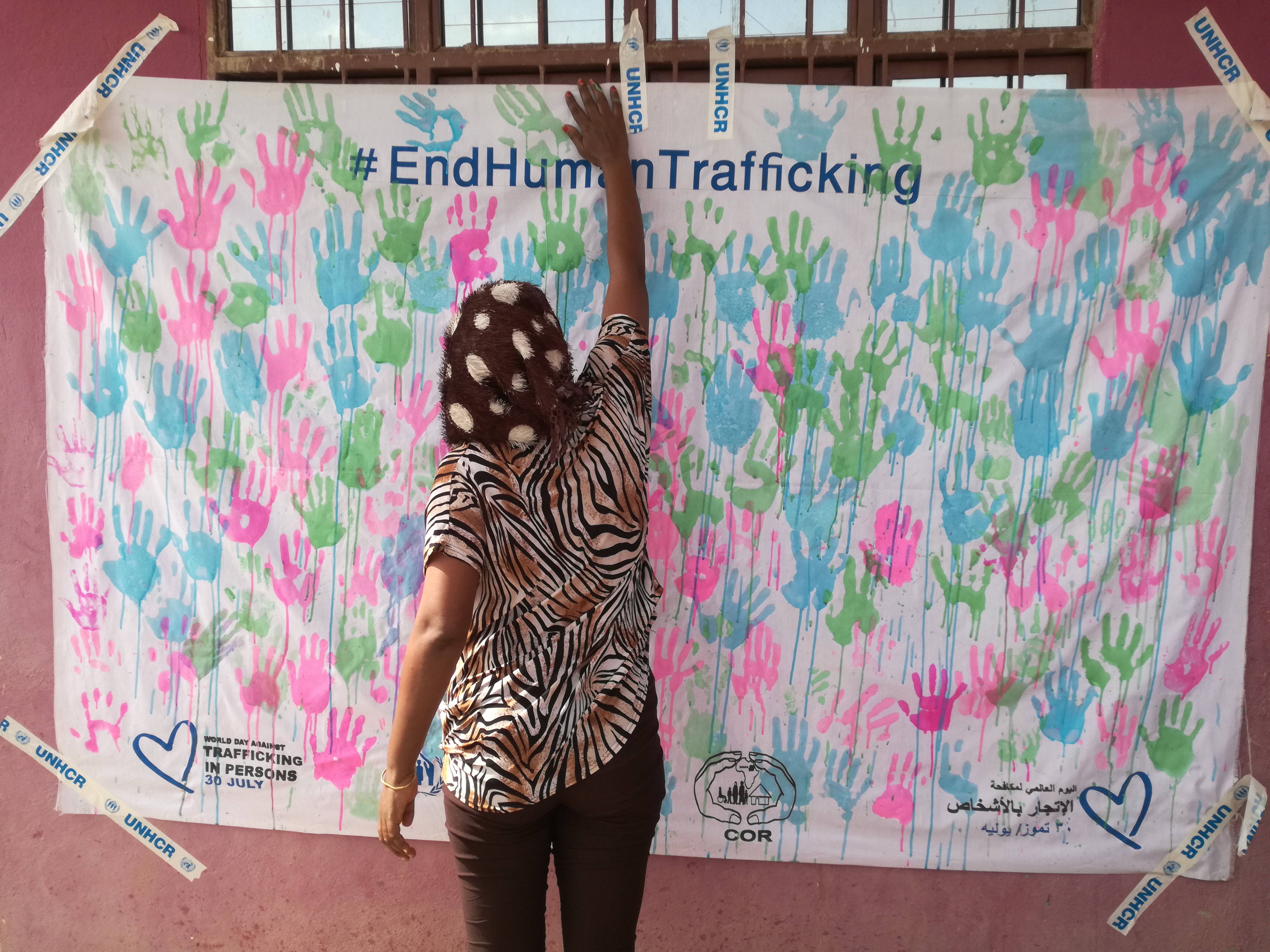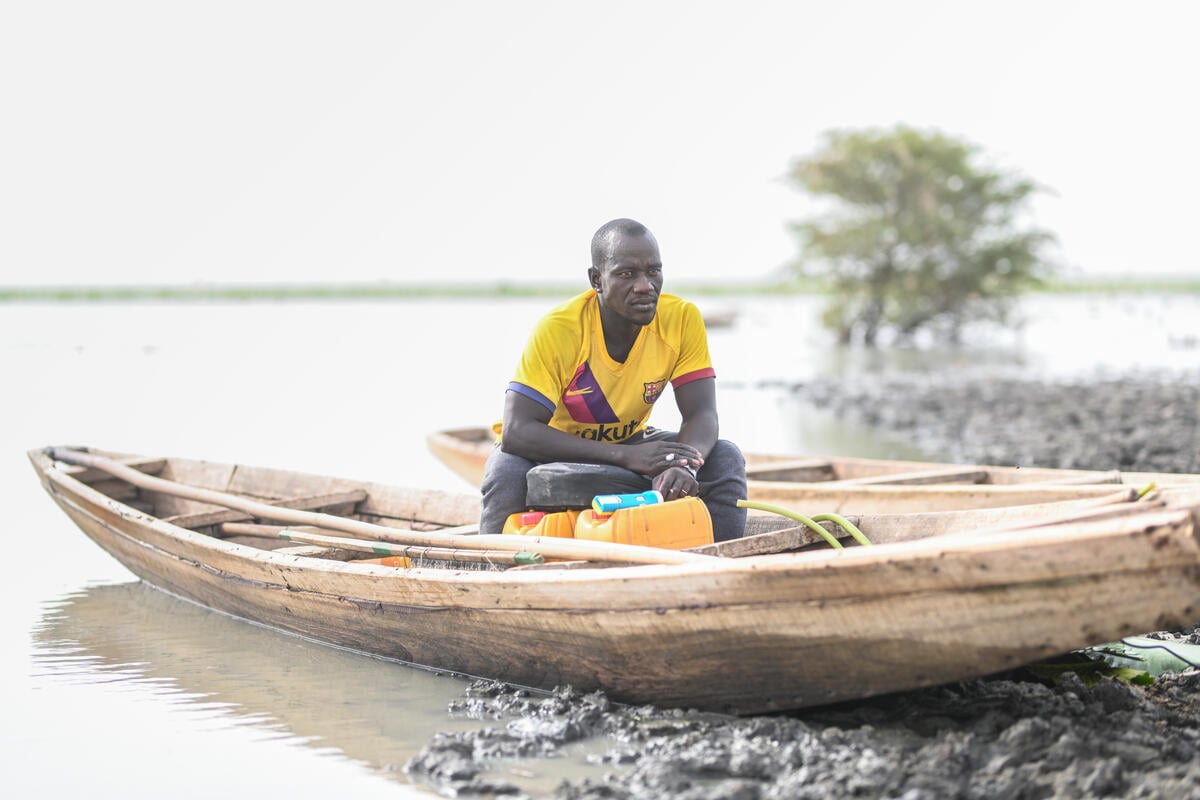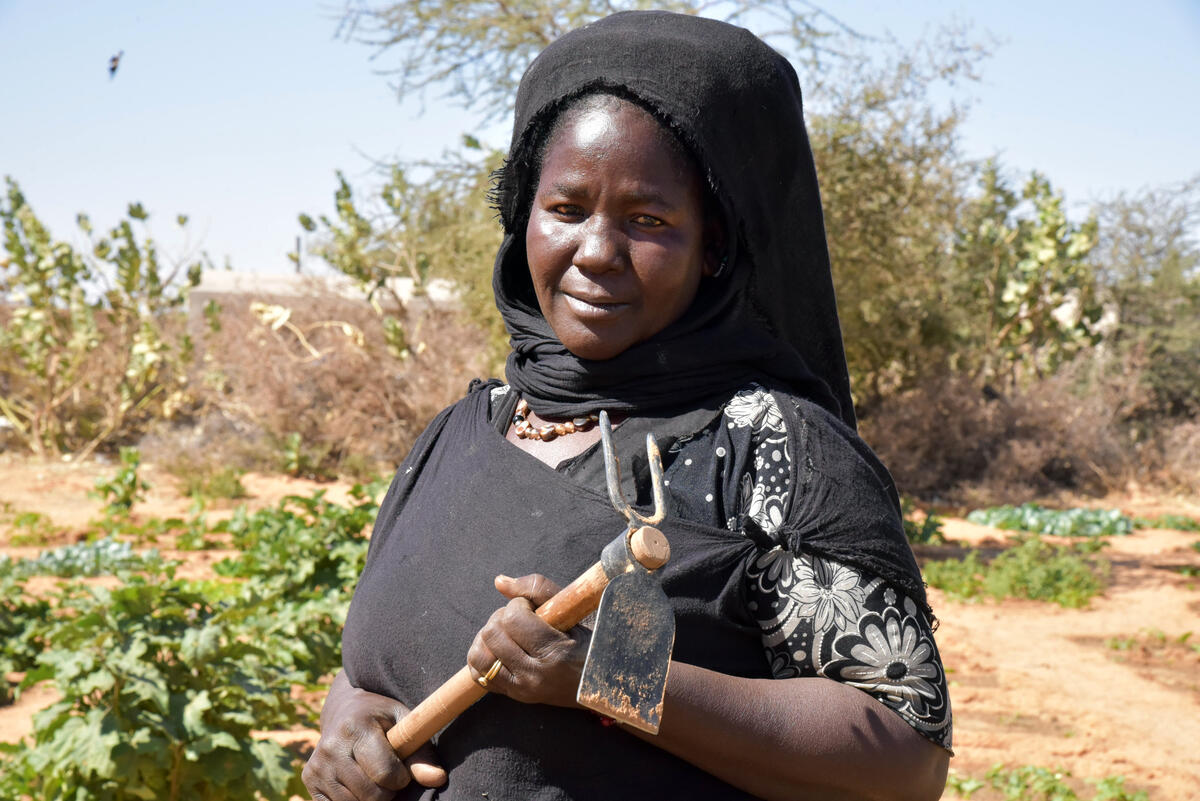Senegal: Voluntary repatriation of Mauritanian refugees
Senegal: Voluntary repatriation of Mauritanian refugees
UNHCR is picking up its repatriation operation from Senegal with a second convoy yesterday (Thursday) bringing home more than 250 Mauritanians. We plan to step up the pace of voluntary returns and organize bi-weekly convoys to reach a target of 3,000 returns per month.
On Thursday, 257 Mauritanian refugees from 61 families were transported from four refugee sites on the southern bank of the Senegal River, which they crossed by boat before reaching the Mauritanian town of Rosso. Upon arrival, and after completing administrative formalities, they were taken back to three locations in the neighbourhood of Rosso-Mauritania.
The next two convoys are expected to take place next Tuesday, with some 438 returnees, and on March 22.
Returnees benefit from an assistance package, including basic domestic items such as kitchen sets, blankets, buckets, mosquito nets, soap, as well as sanitary kits from UNHCR. Returnees are also given a three-month food ration from the World Food Programme. Each household also receives a tent as well as some construction material. In places of return, reintegration projects are being organized in the health, water and education sectors. UNHCR's partners are also undertaking the rehabilitation or rebuilding of infrastructure that will benefit both returnees and the local communities.
This second convoy follows the voluntary return of 103 Mauritanian refugees on January 29. In total, some 24,000 Mauritanian refugees live in northern Senegal, along the border with Mauritania, and could benefit from UNHCR's assistance to return to their home country before the end of the operation, planned for December 2008.
In April 1989, a long-standing border dispute between Mauritania and Senegal escalated into ethnic violence. Some 60,000 Mauritanians fled to Senegal and Mali.








